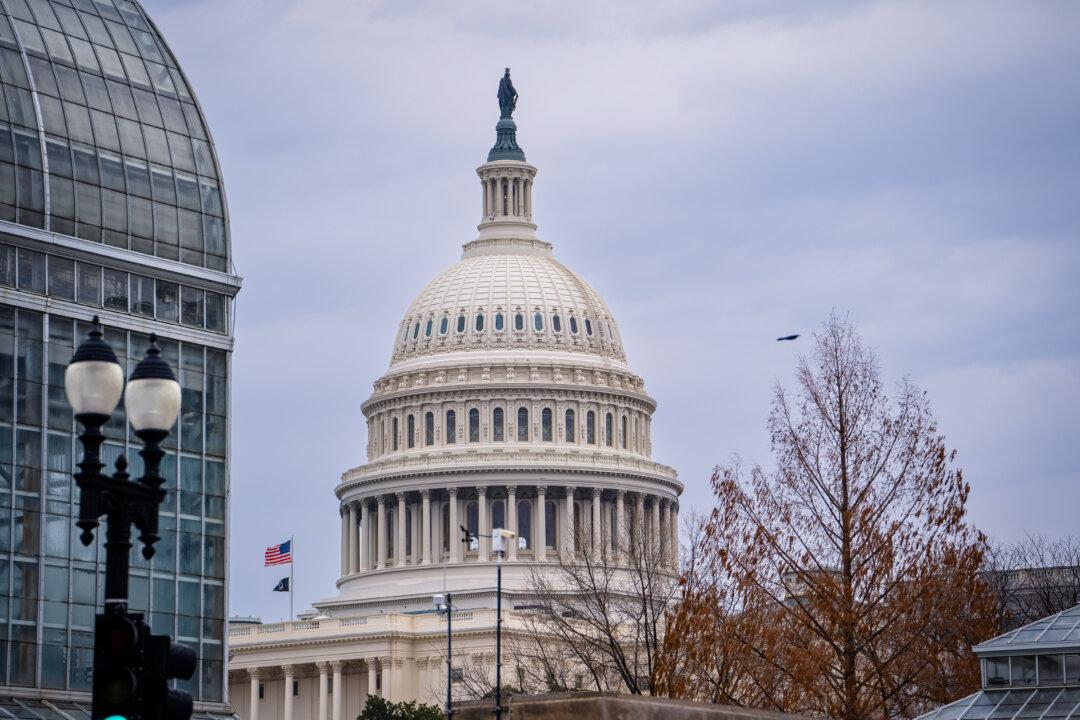The House of Representatives has passed a bill that could ban TikTok from the United States and grant the president sweeping new authorities to target foreign companies in the United States.
The Protecting Americans from Foreign Adversary Controlled Applications Act was passed in a bipartisan 352–65 vote on March 13; 197 Republicans and 155 Democrats voted in favor of the bill, while 50 Democrats and 15 Republicans voted against it. One Democrat voted “present.”




